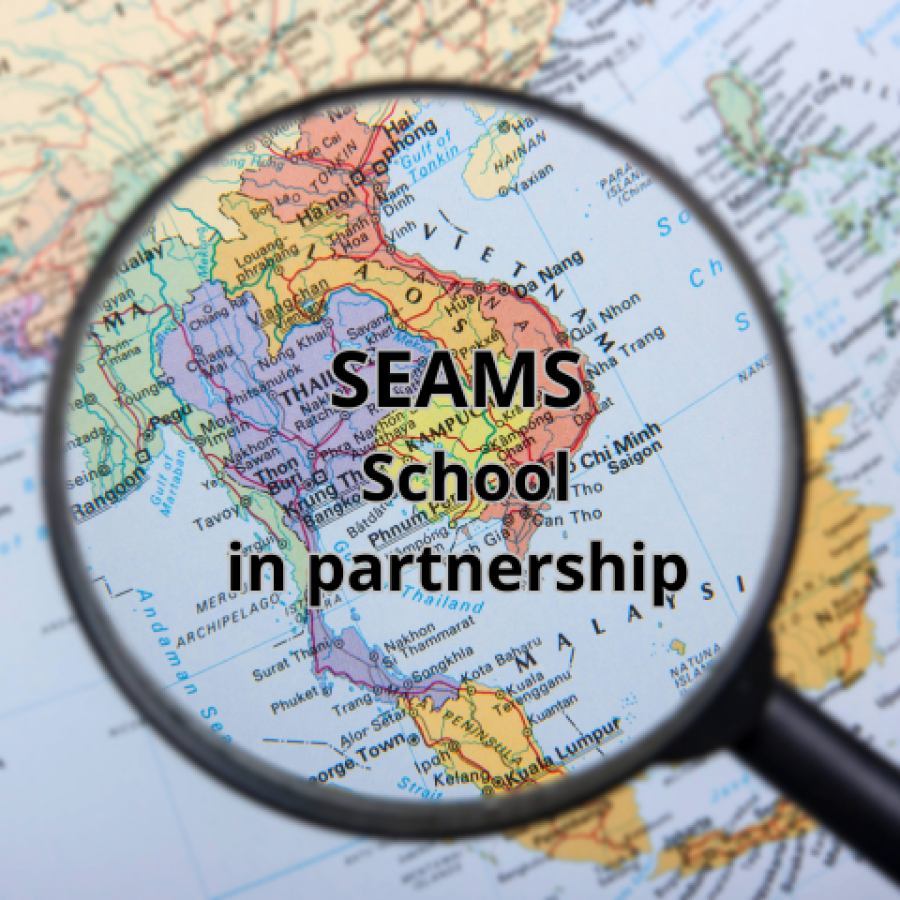Christian Maire
Summary: In this course one gave the proof of the following result. Theorem. Let p be a prime number, and let G be a p-group. Then there exists a Galois extension K/Q such that G=Gal(K/Q). The course aimed to give the key arguments, and explained the difficulty for p=2. During the last part of the course, I also explained some basic properties regarding class group, and the philosophy of Class Field Theory.



